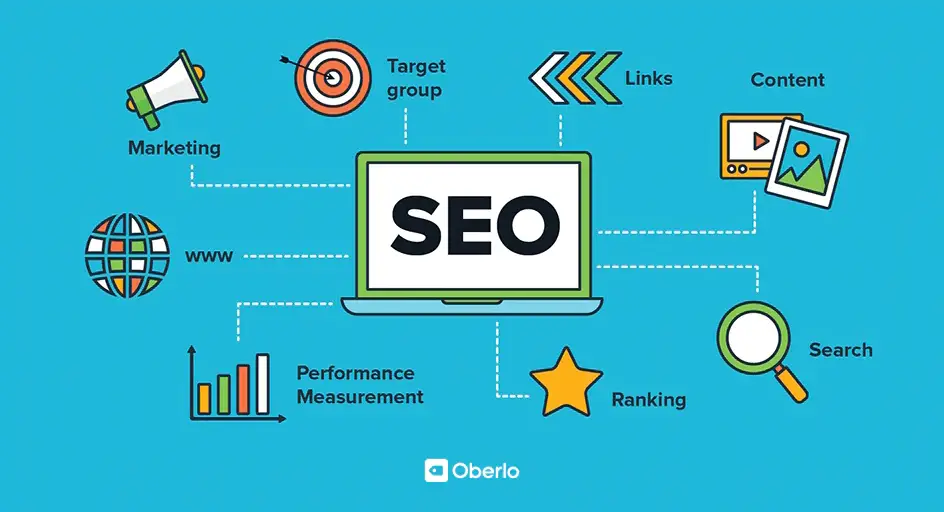SEO
-
How to Craft SEO-Friendly Content for Niche Markets
Creating SEO-friendly content is important, but it’s absolutely critical when you’re targeting…
-
How to Write Engaging and High-Quality Content for SEO Purposes
As a freelance writer, knowing the right strategies and tactics behind effective…
-
The 12 SEO Terms All Beginners/Learners Must Know
The path to success in an internet based industry requires an intimate…
-
7 SEO Copywriting Tips to Reach Your Target Audience
SEO copywriting involves optimizing web pages for the purpose of generating traffic.…
-
Why Freelance Writers Need to Learn SEO and How to Get Started
It is quite understandable if you know little to nothing about SEO,…
-
40 Actionable SEO Tips and Tricks From the Best in the Business
We rarely talk about search engine optimization on FWJ. We have, however,…
-
Advanced Search Engine OptimisationTactics
Search engine optimisation is necessary for driving traffic to a website. A…
-
Blog Writers vs. Print Writers: Are The Jobs Interchangeable?
Switching professions is never easy, but people do it all the time.…
-
Choosing SEO Consulting Services Comes Down To Common Sense [Tips]
SEO consulting services can help a webmaster boost their websites presence by bringing…







